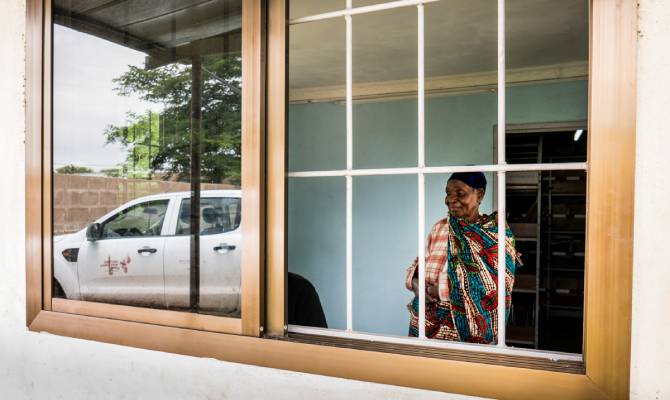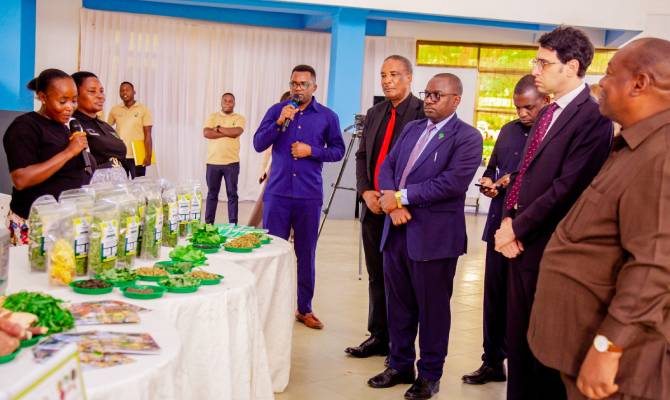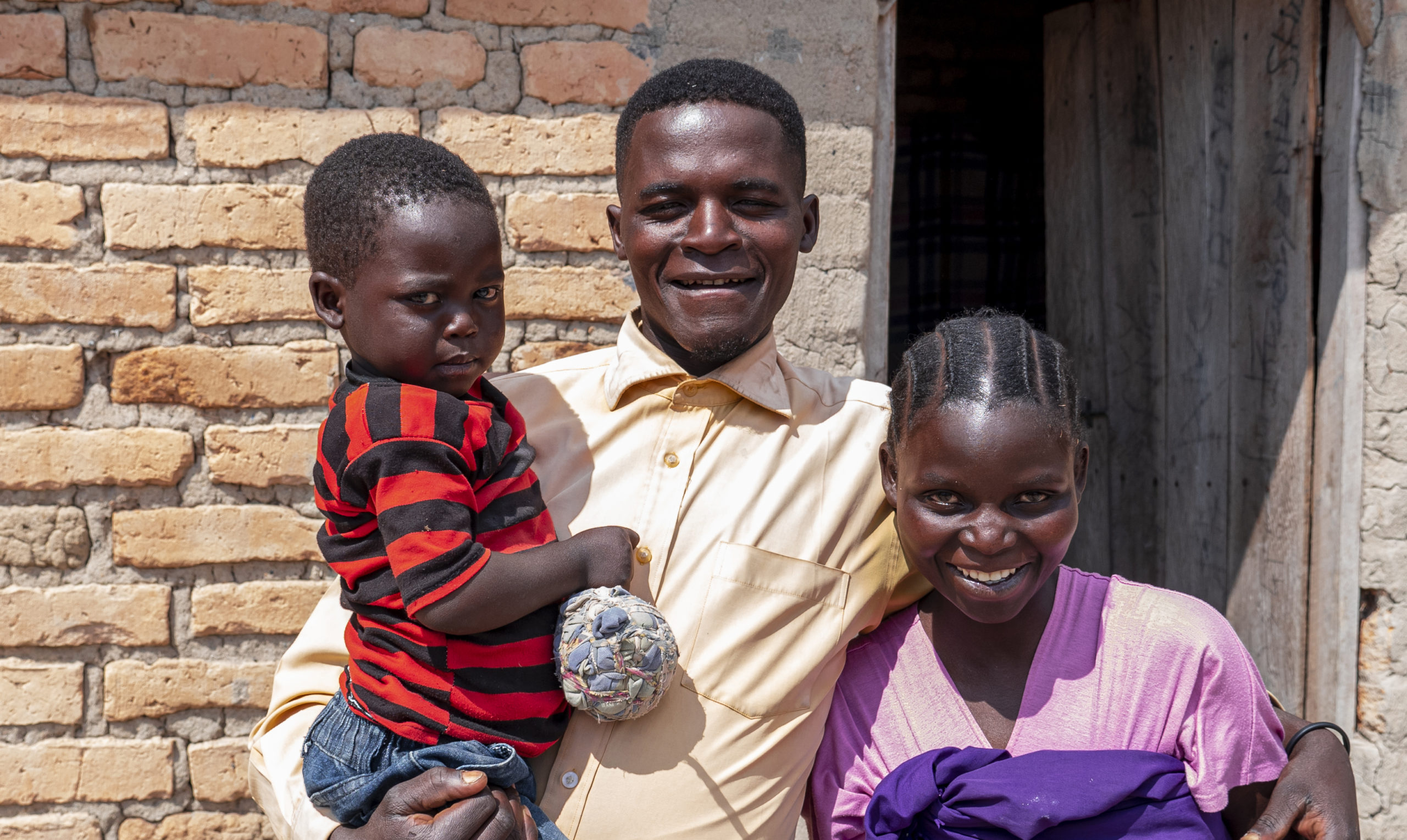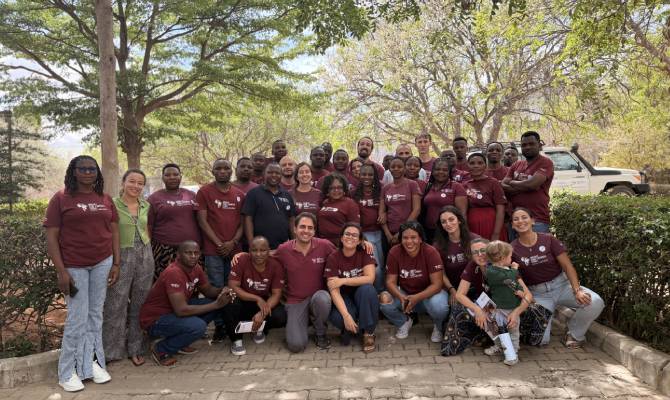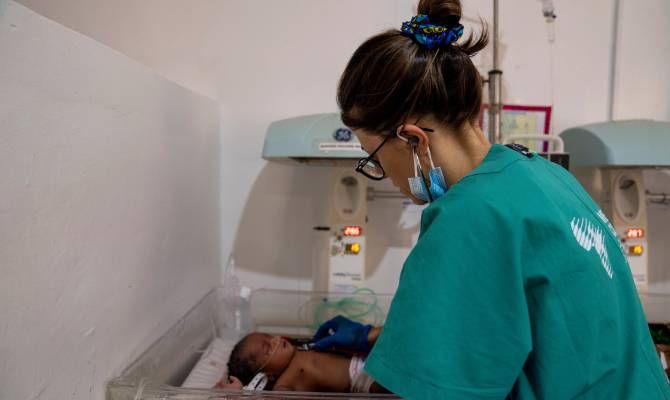Mobile clinics are designed to bring healthcare to the hardest-to-reach areas, serving people who too often have little or no access to essential services. They work tirelessly, in all conditions, reaching remote villages like the one where Amaira lives, in Kongwa District, Tanzania.
When our team screened her, the MUAC (Mid-Upper Arm Circumference) measured only 4.3 inches. Amaira, just four years old and weighing only 19.8 lb, had the measurements of a one-year-old child. Her condition was alarming, and the team immediately referred her to the nearest health facility: Mlali Health Centre, where nutrition treatment is available.
But Mlali is 18 miles away. Amaira’s grandmother—her sole caregiver, without any income—could not afford transport. Yet she knew this journey might save her granddaughter’s life. Carrying Amaira on her back, she walked the entire way to Mlali Health Centre to get the care the child so desperately needed.
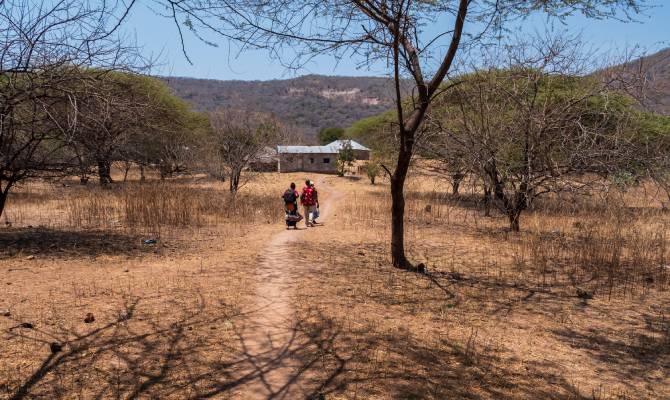
At the facility, Amaira was enrolled in the Outpatient Therapeutic Care (OTC) program and prescribed Plumpy’Nut, a ready-to-use therapeutic food (RUTF) vital for recovery from severe malnutrition. After just one week, Amaira began to improve: her appetite returned, her weight started to increase, and her energy came back.
Once stable, she was allowed to return home. But the treatment required weekly follow-ups and Plumpy’Nut refills—a 36-mile round trip her grandmother could only cover on foot. Eventually, she missed several visits, and Amaira’s treatment was disrupted.
Recognizing the high risk of treatment default, health workers at Mlali Health Centre joined forces with Community Health Workers (CHWs), Tubugwe Juu Dispensary, and village authorities. Together, they arranged weekly monitoring and ensured that Plumpy’Nut could be distributed locally by a health worker based in Tubugwe Juu. Thanks to this solution, Amaira was brought back into treatment.
With her grandmother’s perseverance and the dedication of the health team, supported by the Italian Agency for Development Cooperation and Fondazione Zanetti, Amaira fully recovered from severe malnutrition. Today, she is healthy and active.
Amaira’s story is a powerful reminder of the impact of community-based health solutions and the importance of making life-saving services accessible to all. With stronger integration between health facilities and community structures, more children like Amaira can survive, recover, and thrive.

